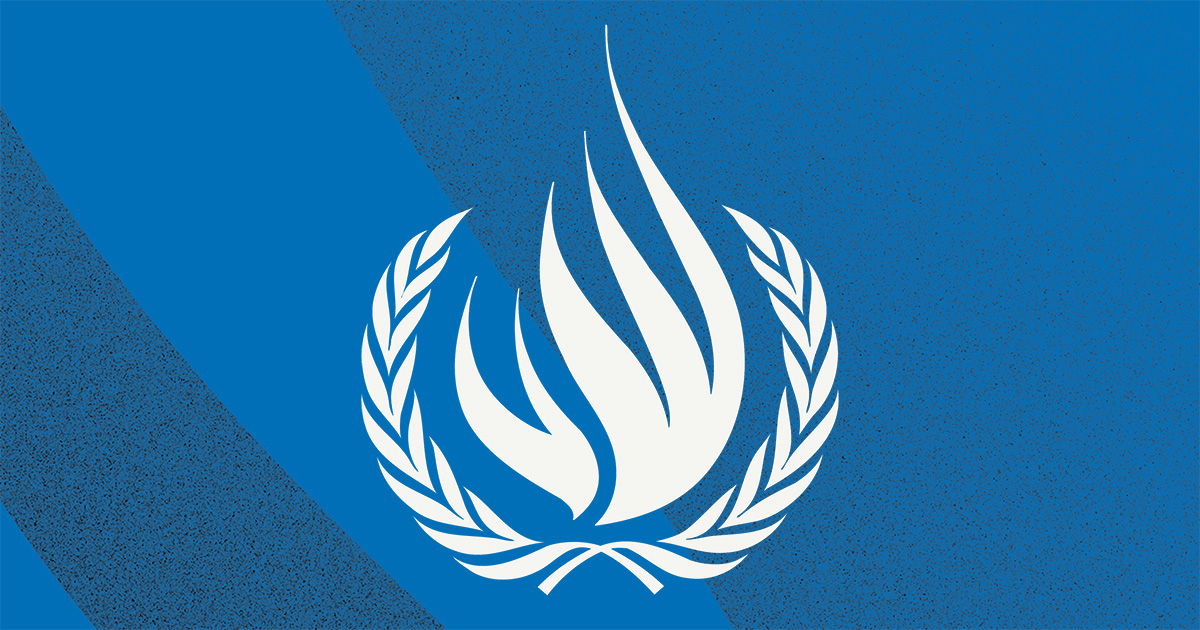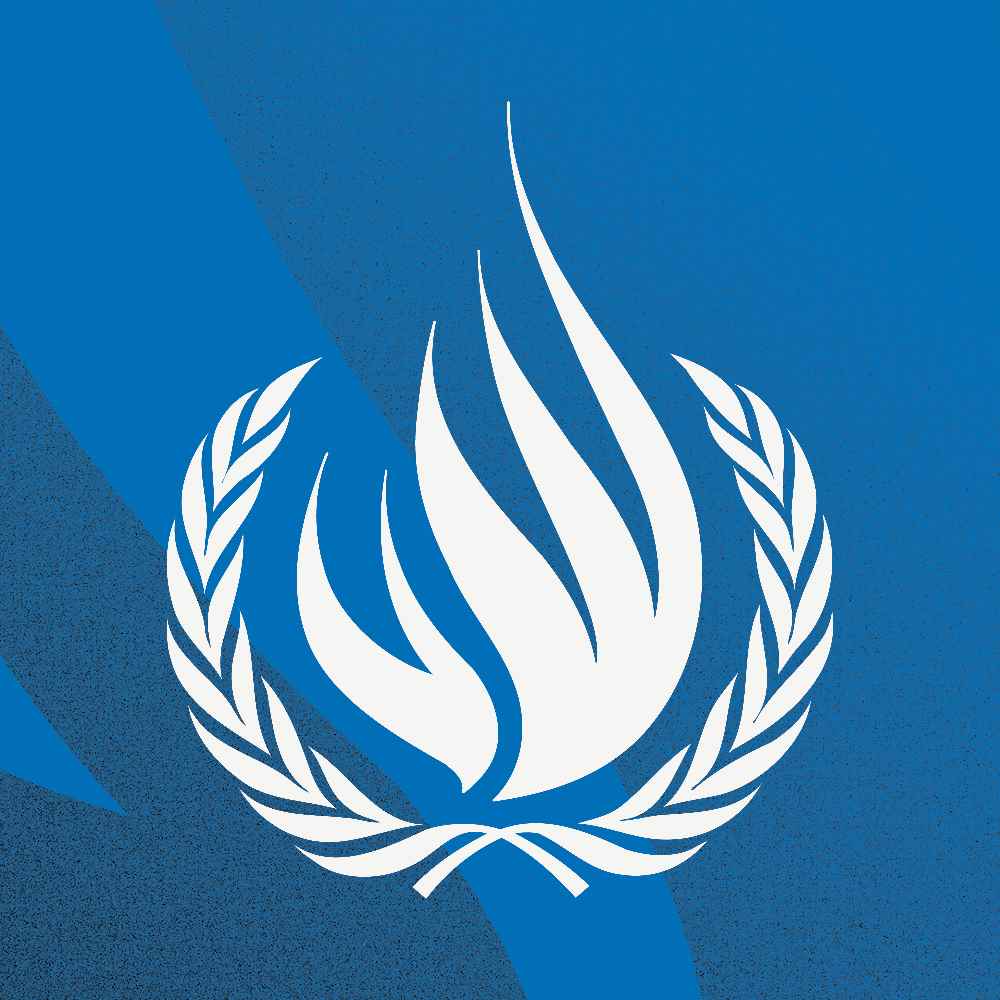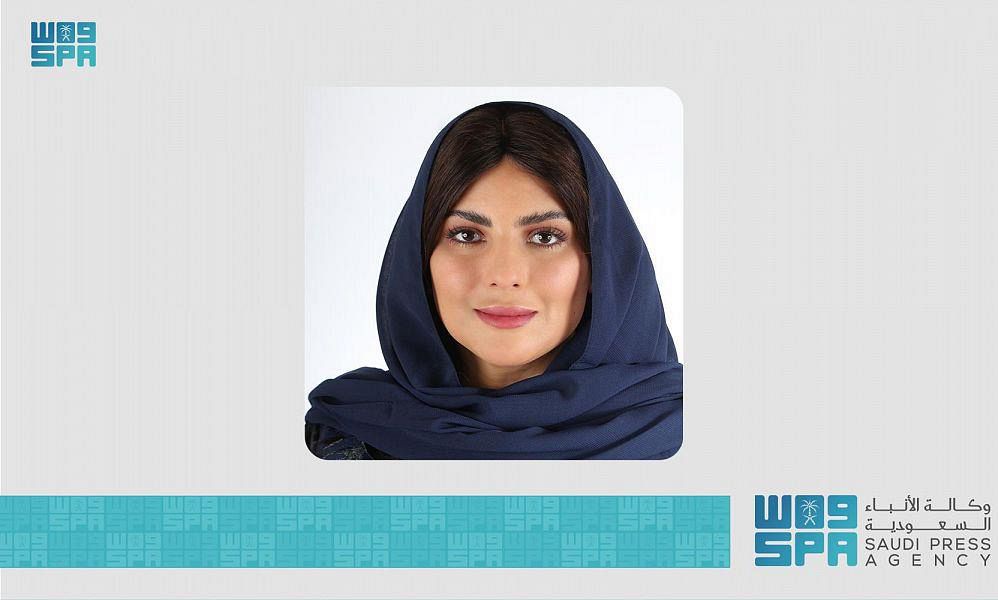
GENEVA (19 February 2021) - The Human Rights Council Advisory Committee today concluded its 25th session, which was held from 15 to 19 February 2021 through virtual means, in view of the current restrictions to prevent the spread of COVID-19.
At the opening of the session on 15 February, Ambassador Nazhat Shameem Khan, President of the Human Rights Council, addressed the Advisory Committee. In her address, the President congratulated the newly elected members of the body, Ms. Nadia Bernoussi (Morocco); Mr. Buhm-Suk Baek (RoK); Ms. Patrycja Sasnal (Poland); and Ms. Catherine de Van de Heyning (Belgium). She also congratulated those members that were re-elected for a second term (Mr. Seetulsingh (Mauritius); Mr. Malhotra (India); and Ms. Salmón (Peru).
She recalled the unprecedented global pandemic caused by the coronavirus disease and how it quickly became a human rights crisis as well as it exacerbated pre-existing human rights issues. She noted that the Council and its mechanisms remained active even during the lock-down, holding virtual informal conversations on human rights and the COVID-19 crisis, and adopting a President’s statement on the human rights implications of the COVID-19 crisis. She also noted that, by its innovative approach, the Council was the first UN intergovernmental body to resume formal meetings in mid-June adopting extraordinary modalities of work, which allowed the Council to deliver its important mandate, to hold its usual three regular sessions and fully implement its programme of work for 2020. She then went on to update the Committee on the work of the Council in areas that are of relevance to its work. Ambassador Khan also expressed appreciation for the work the your Committee and thanked it for having resumed its work in spite of the challenges associated with the pandemic
Documentation relating to the 25th session, including the agenda and draft programme of work, is available on the Advisory Committee’s webpage.
During the session, the Committee continued its discussion on its current mandates:
Negative effects of terrorism on the enjoyment of human rights (HRC resolution 34/8);
Situation regarding racial equality in the world (General Assembly resolution 72/157);
Current levels of representation of women in human rights organs and mechanisms (HRC resolution 41/6).
New and emerging digital technologies and human rights (HRC resolution 41/11)
The Committee took action on these four thematic issues.
On women’s representation in human rights organs and mechanisms, the Committee took note of the preliminary outline of the report submitted by the drafting group to the Advisory Committee at its present session and welcomed the input received from member States and other stakeholders in response to the questionnaire circulated after the 23rd session, as well as their participation in the four regional consultations held after the 24th session. It also noted with appreciation that recent elections to the Advisory Committee increased the number of women in its membership and adopted the draft report ad referendum, entrusting the Rapporteur with its finalization, with a view to presenting the report to the Human Rights Council at its 47th regular session.
On new and emerging digital technologies and human rights, the Committee took note of the draft report submitted by the drafting group to the Advisory Committee at its present session. It also appointed Buhm-Suk Baek as Rapporteur to replace Changrok Soh, former member of the Committee, who was the Rapporteur leading the drafting of the report on this topic until the end of his term on 30 September 2020. In conclusion, it requested the drafting group to finalize its report to the Human Rights Council in the light of the discussion held by the Advisory Committee at its current session, after circulating it to all members of the Advisory Committee for approval electronically, and to submit it to the Council at its 47th session.
On the negative effects of terrorism on the enjoyment of all human rights, the Committee noted that, in the light of the postponement of the 25th session of the Advisory Committee to February 2021, the report on the negative effects of terrorism on the enjoyment of human rights could not be submitted to the Human Rights Council at its 45th session. It reaffirmed the highly specific and complex character of the mandate, and that it required further thorough discussions by the Advisory Committee. It requested the drafting group to continue its work in the intersessional period and finalize the report with a view to submitting it to the Human Rights Council at its 48th session (September 2021). It therefore recommended that the Human Rights Council extend the time scheduled for completion of the report, and that it request the Advisory Committee to submit it to the Council at its 48th session
On the situation regarding racial equality in the world, the Committee noted that the drafting group designated Costas Trascasas to act as Rapporteur following the resignation from the Advisory Committee of the previous Rapporteur, Ludovic Hennebel in July 2020. Highlighting that due to the COVID-19 pandemic the Advisory Committee was unable to hold its regular session in August 2020, the Committee noted that the draft preliminary outline of the study submitted by the drafting group to the Committee at its current session introduced important structural and substantive changes that required further thorough discussions. It requested the drafting group to finalize its study on the situation regarding racial equality in the world in the light of the discussion held by the Committee at its current session and after circulating it to all members of the Advisory Committee for approval electronically. It further decided to submit the final study on the situation regarding racial equality in the world to the Human Rights Council at its 48th session, to be brought to the attention of the General Assembly at its 76th session.
The 26th session of the Human Rights Council Advisory Committee is scheduled to take place at the Palais des Nations in Geneva from 16 to 20 August 2021.
Background
The Advisory Committee is a body of 18 independent experts serving as a think-tank to the United Nations Human Rights Council (HRC). It was established in 2008, pursuant to Human Rights Council resolution 5/1, to provide studies and research-based advice, as requested by the Council and meets twice annually. The Committee’s work is implementation-oriented and follows thematic issues linked to the mandate of the Council, namely, the promotion and protection of all human rights. It interacts with States, national human rights institutions, non-governmental organizations and other civil society bodies.
Membership
The membership of the Advisory Committee conforms to the following geographical distribution guidelines set out in its establishing resolution: five members each from African and Asian States; three each from Latin American and Caribbean States, and Western European and other States; and two members from Eastern European States.
Following is the list of members of the Advisory Committee and expiration dates for their respective terms of office:
Ibrahim Abdulaziz Alsheddi (Saudi Arabia, 2021); Buhm-Suk Baek (Republic of Korea, 2023); Nadia Amal Bernoussi (Morocco, 2023); Lazhari Bouzid (Algeria, 2022); Alessio Bruni (Italy, 2021); Milena Costas Trascasas (Spain, 2022); Iurii Alexandrovich Kolesnikov (Russian Federation, 2022); José Augusto Lindgren Alves (Brazil, 2021); Xinsheng Liu (China, 2022); Ajai Malhotra (India, 2023); Itsuko Nakai (Japan, 2022); Mona Omar (Egypt, 2022); Javier Palummo (Uruguay, 2022); Elizabeth Salmón (Peru, 2023); Patrycja Anna Sasnal (Poland, 2023); Dheerujlall Seetulsingh (Mauritius, 2023); Cheikh Tidiane Thiam (Senegal, 2021); and Catherine Van de Heyning (Belgium, 2023).











